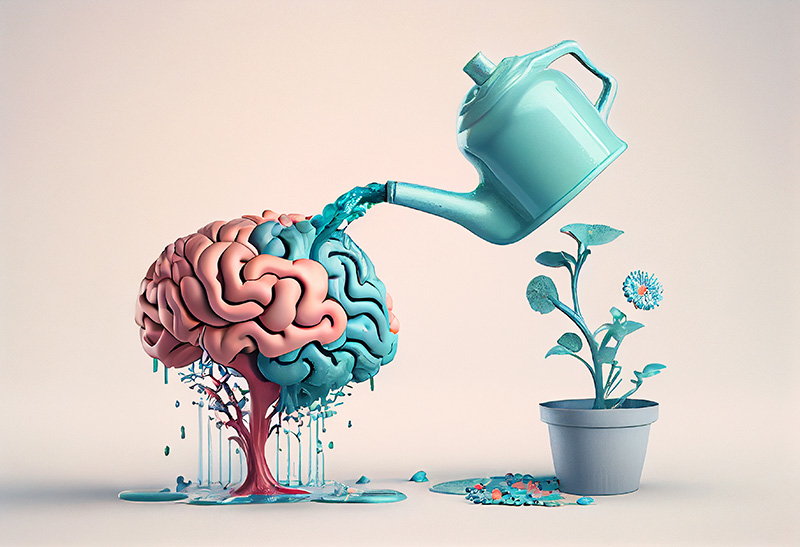
Our overarching scientific aim is to understand the neural and environmental mechanisms of developmental changes, individual differences, and alterations in self-related processing, internally oriented cognitions, and social behaviors across an individual’s lifespan, with a specific focus on adolescence. We are primarily interested in understanding the functional development and alterations of fronto-striatal-limbic pathways and default mode networks in relation to these three psychological processes.
We have three translational goals. First, we aim to characterize normative developmental patterns of the brain and behavior to identify the period of vulnerability in developing psychopathology and opportunity for promoting socio-emotional growth, thereby informing developmentally appropriate preventive interventions and socio-emotional education that consider the stage of the brain’s functional development.
Second, we aim to understand the neurocognitive and environmental mechanisms of individual differences within similar-aged individuals to inform brain-based intervention that targets changes in neurocognitive function and informs the need for change in an individual’s environment (e.g., educational policy and parenting style) and lifestyle.
Third, we aim to understand the effect of atypical neurodevelopment on mental health problems and vice versa to identify risk factors for psychopathology in healthy youth and treat socioemotional difficulties in youth with a history of mental illness.
